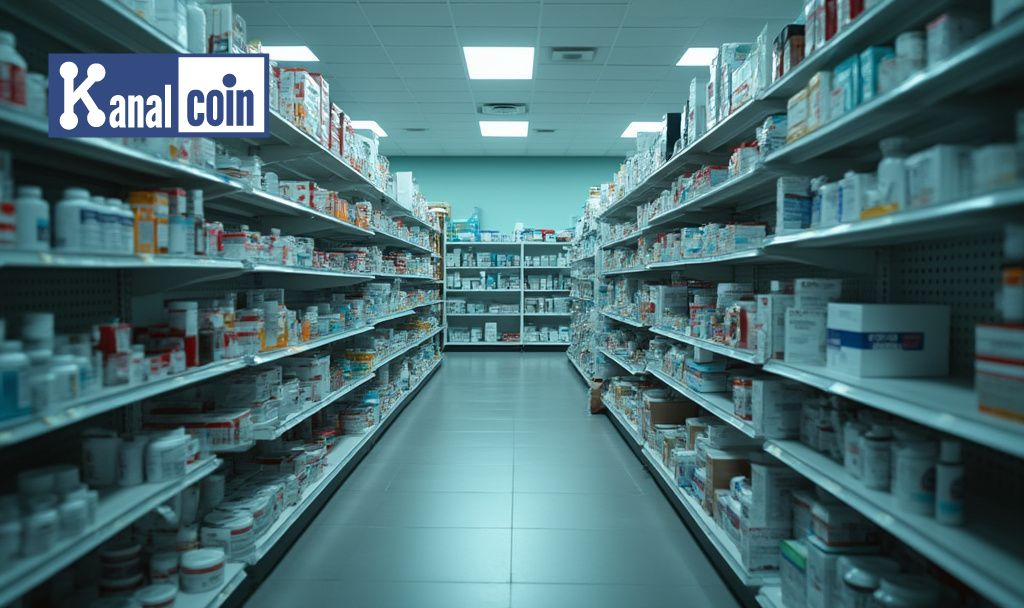
Tariffs Target Pharmaceutical Supply Chains
Recent tariff impositions by Trump target imports, including pharmaceutical components critical for generic drugs. The announcement has caused concern among manufacturers relying on global supply chains. It underscores growing tensions in international trade relations. Major pharmaceutical companies and industry analysts are analyzing how these trade policies affect drug manufacturing and distribution. Adjustments in production and supply are anticipated as companies seek alternatives to mitigate the tariff impacts. Dr. Hasham Zabbach, Founder and CEO of Hyatt Pharmacy, noted, “More than 90% of the over-the-counter medications are made overseas… specifically in China and India,” warning that tariffs would sharply raise costs and create shortages, especially for generic drugs.
Higher Drug Costs Expected Nationwide
Industry experts warn that U.S. health care could face higher costs for drugs. Consumer advocacy groups express concerns over possible shortfalls, which could exacerbate health disparities. Financial analysts predict potential price hikes for key generic medications. Some suggest the industry might experience regulatory challenges, as firms seek exemptions. Past trends reveal tariffs often lead to increased cost burdens for consumers. This issue is worth exploring more at resources like the Petrie-Flom Center at Harvard Law School.
Tariff History Points to Production Challenges
Historically, similar tariff measures have led to increased production costs in the pharmaceutical sector. Analysts point to previous trade policies that have disrupted global supply chains, urging stakeholders to prepare for potential disruptions. Insights from Kanalcoin suggest the long-term effects could include reshaped market dynamics and redistributions in trade patterns. Experts emphasize the need for strategic international alliances to navigate these challenges effectively.









